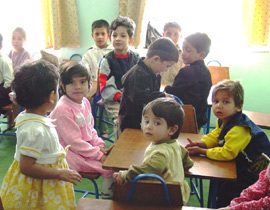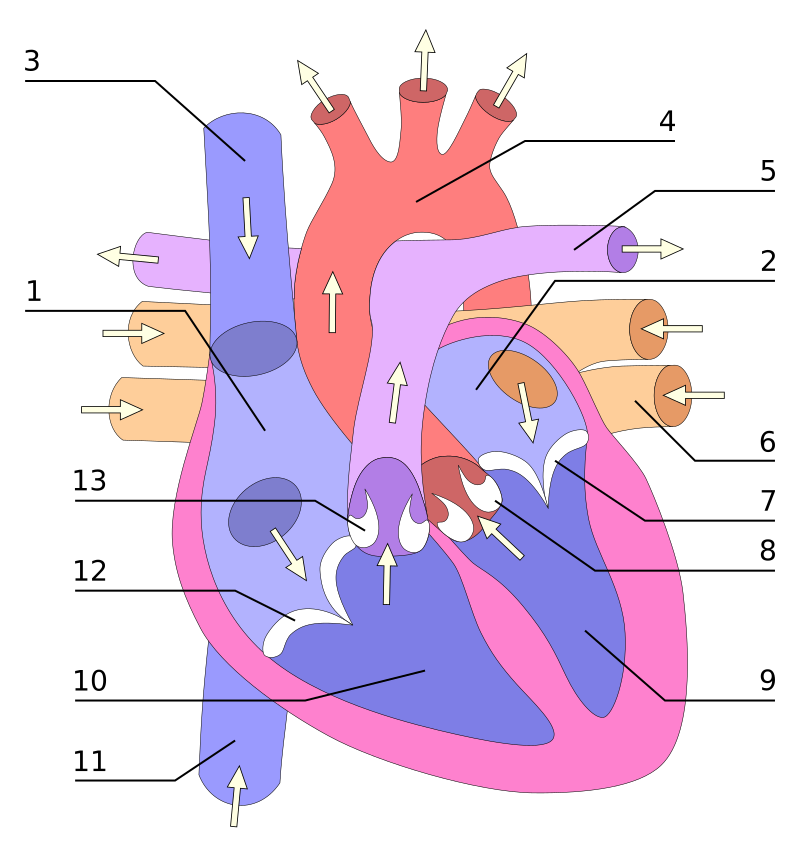Rising Salmonella Dublin Infections in Cattle Pose Global Health Threat

In recent years, the incidence of Salmonella Dublin infections in cattle has surged, raising significant public health concerns globally. According to a study conducted by researchers at the University of Copenhagen, the prevalence of this multi-resistant bacterium is not only affecting cattle health but also poses a serious risk to human health, contributing to numerous fatalities each year. The study, published in the *Journal of Agricultural Economics* in July 2025, highlights the economic impact of Salmonella Dublin on Danish dairy farms over a decade and emphasizes the need for improved control measures.
The bacterium has been a longstanding issue in cattle herds, particularly in Denmark, where attempts to eradicate it have been ongoing since 2008. Despite a decrease in infection rates from 20-25% to approximately 5% in Danish cattle, alarming trends have emerged in other regions. In the United States, approximately 18% of cattle herds are now infected, while the infection rate in the United Kingdom has escalated to as much as 60%.
"Salmonella Dublin is not just a serious threat in the barn. Globally, it is a potential public health risk that is likely to grow as antibiotic resistance spreads. This is a bacterium that kills people every year, and it is high time we do more to combat it," stated Dagim Belay, assistant professor at the food and resource economics department at the University of Copenhagen and co-author of the study.
The health risks associated with Salmonella Dublin are particularly concerning, as it can cause severe conditions such as pneumonia and blood poisoning in both cattle and humans. Studies indicate that infection rates, while lower than those for other types of salmonella, can lead to mortality rates of up to 12% among infected individuals. Infection can occur through direct contact with infected animals or consumption of unpasteurized dairy products and undercooked meat.
Economically, the impact of Salmonella Dublin is profound. According to Jakob Vesterlund Olsen, also from the University of Copenhagen, cattle farms with high levels of infection incur additional annual costs averaging around EUR 11,300 (approximately $13,307 USD). Even herds with lower levels of infection face financial losses, with a typical herd of 200 dairy cows experiencing extra variable costs of about EUR 6,700 (around $7,891 USD) annually. "The tricky thing about Salmonella Dublin is that it often flies under the radar. Many herds are infected without visible symptoms, leading to gradual and unnoticed economic losses over time," Olsen remarked.
The study outlines several key challenges in monitoring and controlling Salmonella Dublin in Denmark. Currently, the Danish Veterinary and Food Administration employs a threshold-based regulation system that measures antibody levels against the bacterium in milk tanks. If the antibody level is below a specified threshold, the herd is deemed free of salmonella. However, this method has been criticized for its arbitrary nature, as production losses can occur even at infection levels below the current threshold.
To address these issues, the researchers advocate for stronger incentives for farmers to eradicate the problem, suggesting subsidies for those investing in prevention and early detection measures. Additionally, they propose that authorities should provide targeted information to cattle producers regarding the hidden costs associated with Salmonella Dublin and effective control strategies.
The implications of rising Salmonella Dublin infections extend beyond economic factors, underscoring the urgent need for comprehensive public health strategies. As antibiotic resistance becomes a growing concern, it is crucial for both national and international stakeholders to collaborate on effective measures to mitigate this public health threat. The increasing prevalence of Salmonella Dublin in various regions signals a pressing need for enhanced surveillance, better farm management practices, and increased awareness within the agricultural community.
As the world grapples with these challenges, the future of cattle farming and public health depends on the ability to confront and control this dangerous bacterium effectively.
Advertisement
Tags
Advertisement





